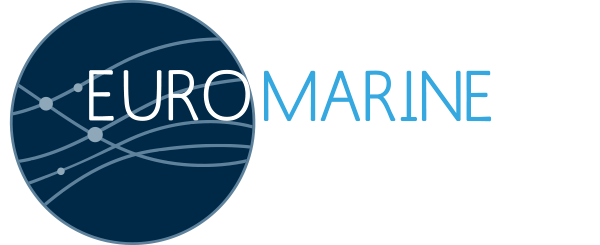This foresight workshop will bring together 15 experienced modellers from across the globe to form a core group with the aim of advancing the understanding of marine ecosystem dynamics under a global change context. The following topics will be discussed in the workshop at IRD in France in June 2015: current and foreseen needs for scenario building; the scientific capacity required to address scenario building challenges; tools inventory; current initiatives and present shortcomings; potential collaboration and needed developments; and the potential for the establishment of a multidisciplinary scenario laboratory.
The workshop aims to provide needed guidelines and essential reflections on the current status and future needs of scenario building and visualisation for marine ecosystems under a global change context. The outputs of the workshop will be the establishment of a long term collaboration with key players in the field, a position paper to be published in a peer review journal and an action plan on how to advance the building of a scenario laboratory in Sete, France.


